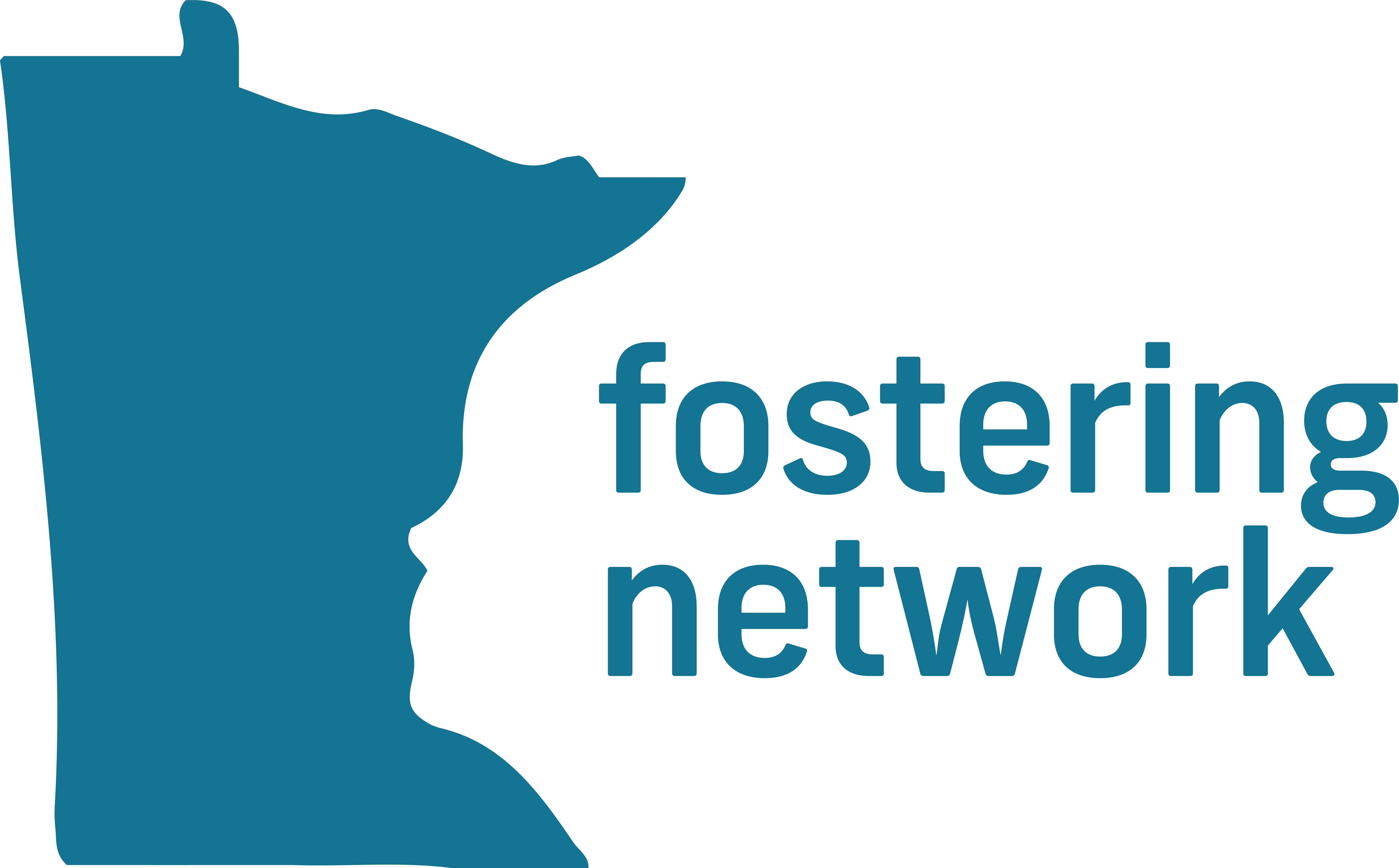 Do you want to make a difference in the life of a child? Are you dependable, caring, understanding, patient, adaptive, and able to accept a child’s experience and importance of their family? Do you have experience in caring for children? Then you could be a great foster parent for children in need in your community!
Do you want to make a difference in the life of a child? Are you dependable, caring, understanding, patient, adaptive, and able to accept a child’s experience and importance of their family? Do you have experience in caring for children? Then you could be a great foster parent for children in need in your community!
Are you the relative or kin of a child involved in the foster care system? Are you considering being a relative or kinship care provider? Every family situation is unique and some of this information may not apply to your family’s circumstances, but hopefully will assist you with your kinship journey.
According to MN Rule 9560, foster care is defined as “the 24-hour-a-day care of a child following placement by the commissioner or a licensed child-placing agency with legal placement responsibility pursuant to a court order or voluntary placement agreement, in any facility that regularly provides one or more children, when unaccompanied by a parent or guardian, with a substitute for the care, food, lodging, training, education, supervision, or treatment they need which for any reason cannot be furnished by a parent or guardian in the child’s home.”
MN Rule 9560
Foster care is a temporary arrangement for children whose parents are struggling and are unable to take care of them. There are a variety of reasons that children’s family situations come to the attention of a child welfare agency. When possible, child welfare agencies will work with families to keep kids safe and meet their needs at home; unfortunately, sometimes that is not possible and it is necessary for kids to be placed in foster care. The most common reasons that children need out-of-home placement are due to parental drug abuse, allegations of neglect, and/or allegations of physical abuse. https://edocs.dhs.state.mn.us/lfserver/Public/DHS-4760-ENG
Foster care is a great way to provide support and nurturance to children while their family works towards reunification. On average, there are approximately 8,600 youth in care on any given day (2020). They are in need of loving homes where they can feel safe and flourish.
When foster care is necessary, it is ideal for children to be placed with relatives or kin who know and care about them. When there is not a relative or kin placement option immediately available, children are placed in non-relative foster care. Being in a family setting provides youth in foster care with the support critical to their emotional health and well-being. Children in foster care need caring adults in their lives to help them build self-esteem, feel safe, and develop positive relationships.
Foster parents are as diverse as the children they care for. A foster parent may be of any race(s), religion, orientation, single, married, or in a relationship, have children or not have children, rent or own their home. What they share is a concern for children and a commitment to help them through tough times. They provide critical temporary care and nurturing to children in crisis. Families may work with a county agency , tribal agency or a private foster care agency.
If you are interested in foster care, and ready to gather information from your county or a private agency, we encourage you to complete our inquiry form. You may also contact your county, agency, or tribe directly. If you have questions or need further assistance identifying an agency, please contact us at fosteringnetwork@mnadopt.org or 612-861-7115.
Children who grow up separated from their family of origin often have special needs related to their childhood trauma. Children with special needs are those who have, or are at risk of, physical or mental disabilities, and/or emotional or behavioral challenges, which includes those who have a trauma history. Sibling groups who need to be placed in foster care together are also considered to have special needs.
Many special needs are physical and can result from prenatal exposure to drugs and alcohol, genetic birth defects and early neglect or physical abuse. Emotional and behavioral special needs often result from neglect, sexual, or physical abuse, which may be accompanied by emotional abuse. Many behaviors of children with special needs are coping and survival skills that developed over time. Their behaviors are responses to difficult situations that the children have experienced.
Individuals who are interested in providing child foster care must attend foster parent orientation sessions offered by one of the 87 Minnesota County Social/Human Service divisions or a private child foster care agency licensed through the Minnesota Department of Human Services to provide foster care services. Providers will then need to complete the full licensing process with the entity they choose to work with to complete their foster care license. Foster parents working with one of the tribal communities need to complete all tribal licensing requirements.
Foster parents caring for children will receive a stipend calculated based on the age and needs of the child(ren) including what is required of the foster provider to meet the needs of the youth. Medical assistance is provided for foster children to meet the medical needs of the child. Additional funding sources to meet the child(ren)’s needs may be available. Please ask the licensing agency for more information. The following link with provide more information on financial support available.
Relatives are generally the best option for placing children when they are removed from their home. It helps with consistency and belonging. Counties are required to seek out family members or kin to provide foster care but will make placement decisions based on a multitude of factors.
There are several factors social workers need to consider when matching a child to a foster home or placing with a relative/kin. Some of these are identified in statute including the child’s:
- Current functioning and behaviors
- Medical, Educational, and Developmental needs
- History and past experiences
- Religious and cultural needs
- Connection with a community, school and faith community
- Interests and talents
- Relationships to current caretakers, parents, siblings and relatives (siblings need to be kept together)
- Reasonable preference, if the court deems a child to be of sufficient age to express preferences. [Minn. Stat., section 260C.212, subd. 2]
- For an Indian child, the best interests of an Indian child as defined in section [Minn. Stat., section 260.755, subdivision 2a]
There are many misconceptions about foster care. Below we have debunked some of the most common myths we hear.
Myth: Kids live in foster care for years.
Fact: Foster care is not a permanent living option for children. Foster care is a temporary living situation until children can return home, are adopted, or legal permanency has been transferred to another caring adult. Most children are reunified with their parents or primary caregivers. Children can be in foster care anywhere from a couple of days to a year or more, while a small number are in care for 2 or more years.
Myth: Foster parents can make a profitable income.
Fact: Foster care is not a job or a way to make money. Foster parents often make financial sacrifices to care for foster children as the stipend rates may not cover all incurred expenses. Foster parents need to be financially stable without the need to rely on foster care reimbursement. There may be times when there are significant gaps of time between foster placements.
Myth: Kids in foster care are delinquents.
Fact: Many children enter foster care due to no fault of their own but rather due to parental drug abuse, neglect, abandonment, or abuse. Some children enter foster care based on their behavioral and mental health needs, often in response to past traumas. The children need a safe and caring environment that nurtures and encourages them.
Myth: My children are grown and out of the house – I am too old to be a foster parent.
Fact: There is no DHS requirement (other than being over the age of 21). Many “empty nesters” find foster parenting a rewarding experience.
Myth: Foster parents must stay at home with the children – I work full time.
Fact: Many foster parents work outside of the home. Some licensing agencies have options to assist with childcare expenses, but this is not a guarantee. Many families utilize the stipend funds towards childcare, if needed.
Myth: Once I take in a foster child, I am on my own without any help.
Fact: Agencies offer support throughout the licensing process, including before a child arrives at your home and by helping to identify the type of child best suited to your family’s experiences, strengths, and capabilities. Your agency will provide assistance to keep the youth stable and balanced physically and emotionally. Some agencies have respite families available for times when you need a break, but many families utilized their natural supports for respite care needs.
Myth: I would have to provide medical insurance for a foster child in my home.
Fact: Children in foster care receive Medical Assistance (Medicaid) which covers medical, dental, and mental health expenses. Foster parents are not required to pay for any of the child’s medical needs except for over-the-counter medications or medical supplies.
Myth: I will get too attached. It will be too hard to see them leave.
Fact: You will become attached and it will be difficult to let them go. But these children have suffered through a great deal and need the love and care a foster parent provides while their family heals. It is often rewarding to see the family rebuild relationships and be reunified. Often foster families have the opportunity to continue to be a support to the child’s family after the child has returned home.
Here are some resources that may be helpful including information on contact information for county and private licensing agencies, DHS licensing information for foster parents and relative/kin providers, and foster care definitions. Please remember to complete a child foster care inquiry form at the link below.
Private Foster Care Agency Listing
Northstar information for foster parents
https://mn.gov/dhs/people-we-serve/children-and-families/services/foster-care/programs-services/
https://edocs.dhs.state.mn.us/lfserver/Public/DHS-4760-ENG
Northstar information for Relative or Kin caring for foster children
https://mn.gov/dhs/people-we-serve/children-and-families/services/adoption/programs-services/northstar-kinship-assistance.jsp
https://edocs.dhs.state.mn.us/lfserver/Public/DHS-6736-ENG

